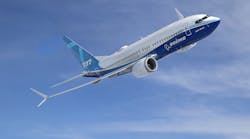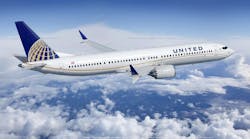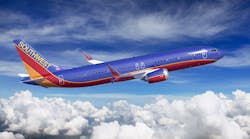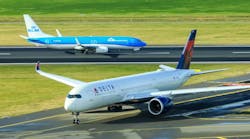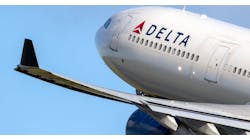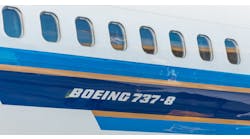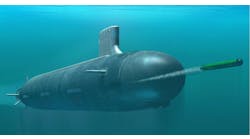The European Aviation Safety Administration is making it clear that it will perform its own tests on the updated Boeing 737 MAX flight-control software before clearing the aircraft to resume commercial service. The news may be seen as a challenge to both Boeing and the Federal Aviation Administration, which are cooperating on tests of the new software.
However, it may not be news to the OEM nor to the FAA if, as reported, EASA advised the FAA last April 1 that it would not delegate testing before giving its approval of the updated aircraft..
Boeing reportedly expects the software to be approved in the coming weeks, and is said to be planning to increase 737 production rates in October.
The 737 MAX is Boeing’s best-selling aircraft, but it has been suspended from service since March following two fatal crashes, first on Indonesia’s Lion Air in October 2018 and then on Ethiopian Airways in March 2019. A total of 346 passengers and crew members were killed in the two incidents.
Boeing halted deliveries of the 737 series and reduced the production rate to 42 jets/month. Most of its production is concentrated on the 737 MAX (it has an order backlog of more than 4,600 of the 737 MAX) though it continues to produce the previous 737 Next Generation version, too.
Boeing has indicated were caused by a Maneuvering Characteristics Augmentation System (MCAS), also known as "anti-stall" software, developed to off-set a side-effect of the more fuel-efficient engines adopted for the new version of the 737: because of the engines’ larger size, the planes’ aerodynamic behavior is altered, and the MCAS is meant to counteract a stalling tendency.
The software redesign reportedly will incorporate data from two flight-control computers rather than one.
Boeing has previously stated that the software redesign would be submitted to FAA for approval in September. That would be followed by testing, and if the new program is approved all idled aircraft would be refitted with the updated software.
Boeing has not indicated how it would coordinate the approval process with EASA or other agencies.
An FAA representative stated the agency had been "transparent and collaborative" with other civil aviation authorities in its review of the 737 MAX software changes. The representative also noted that the agency has no timeframe for completing the testing and approving the aircraft to resume service.
The idling of the 737 MAX has disrupted flight schedules for Southwest Airlines, United Airlines, and American Airlines, the largest U.S. operators of the twin-engine narrow-body jets. Southwest has cancelled 737 MAX flights into January 2020, while the other carriers have done the same for flights into December.
Among the major European operators of the 737 MAX are RyanAir and Norwegian Air Shuttle.
